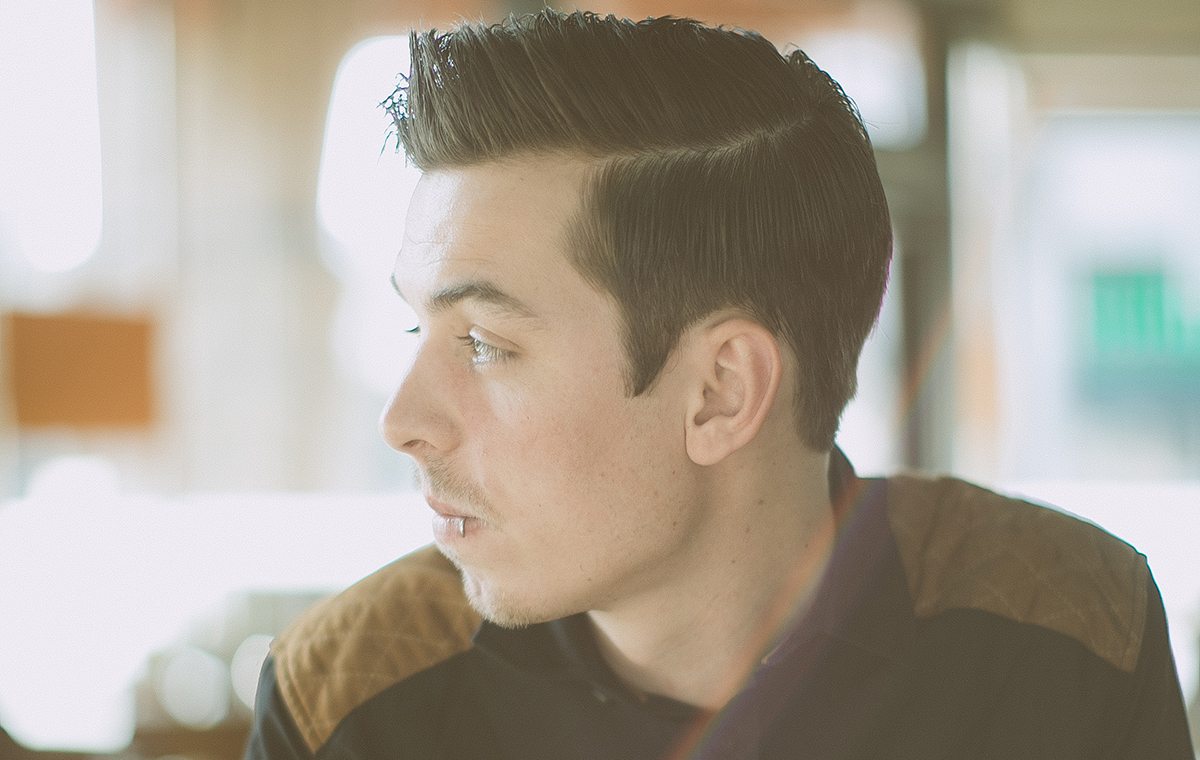Grieves on Boston: ‘I’m Looking Forward to Coming Back’

Photo Courtesy of Rhymesayers Entertainment
At least part of the success of Grieves’ latest album, Winter and the Wolves, has roots that can be traced back and attributed to Massachusetts’ music scene.
The Seattle-based emcee, who just put out his fourth effort earlier this year, connected with producer B. Lewis, who strung together bass-heavy instrumentals for Wolves, after forming a friendship with hometown rapper Dua, of Bad Rabbits fame.
“I know Dua because we were on Warped Tour together, and I met them because we were performing on the same stage,” said Grieves, whose real name is Benjamin Laub. “I was a big fan before, but I got to watch them play everyday, all summer long, and we became pretty good friends. Dua ended up introducing me to B. Lewis, who produced my last record.”
On Thursday, July 24, Grieves will make his return to the Boston area once again, where he has a growing fan base that’s consistently turned up to his shows in years past, and perform at the Middle East.
“I’m looking forward to coming back this way,” he said during a recent interview. “I really enjoy playing Boston. [The fans] in Boston were always—we always got a better response out there.”
The East Coast stop is part of Grieves’ first headlining tour in two years, and is offering those familiar with his musical styling’s new snippets of emotional turmoil packaged in a manner that doesn’t always come across in the “blues rapper’s” record releases.
On Wolves, put out on the Rhymesayers label, Grieves uses the imagery of the frigid outdoors and the gnashing teeth of wild dogs to metaphorically describe how life is a “tough place to be sometimes,” and comes out harder than his prior works, adding boom-bap elements including bass drops that bang into the listener’s eardrums with an intensity that matches the ferocity of the album’s title.
They also make for some interesting stage performances. “Those songs are fun to play live,” admits Grieves.
The emcee said he’s always had that panache coursing through his veins, and has taken his music there before, but that aggressive, in-your-face ability is most apparent on his latest EP.
“I have enough hard-ass beats to put out six gangster rap albums,” Grieves said, jokingly. “But seriously, what it comes down to, I tend to gravitate to that type of music, or those types of beats because I like it, that’s the kind of hip-hop that started inspiring me. But it has been the blend of the neo-soul and the jazz sounds that most people are familiar with. [The harder beats] came out on this record though because B. Lewis and I have a similar admiration for those types of sounds, and he makes a lot more of those than I do.”
Although Wolves eventually made it to listeners’ ears in March, much like the struggle in the album’s title suggests, getting the songs out there came with some complications and setbacks that Grieves had to learn to cope with.
Last July, a new studio in Seattle that served as a home base for Grieves and his crew of workers, producers, and managers was the victim of an intense nighttime fire that ripped through the space and destroyed some mementos the rapper had accumulated throughout his career.
The damage led to some initial distractions, and hugely stalled the work he had been putting into Wolves. “The fire broke me down quite a bit. Financially, it’s the worst thing to ever happen to me,” he said.
But when the trio from the Hawaii-based band Pepper popped their heads in an asked Grieves to step away from rebuilding his studio to join them for a tour, he saw it as an opportunity to refocus his energies, and bounce back.
“The guys from Pepper said to me, ‘you can’t sit around sifting through the ashes, you’ve got to get the fuck out there.’ We went on tour and found the power of music again and kept on the grindstone. I came back and finished up the record, got it out, and I’m working. You can only sit and dwell on it for so long,” he said.
And that’s exactly what Grieves wants listeners to take away from Wolves.
“The older I get, the more I start to feel comfortable with [life]. Just being in this industry it can be a cold and harsh kind of thing. That’s what [the song] “Shreds” was an answer to, but I’m taking that message and applying it to the whole record,” he said. “Just because you’re older doesn’t mean things get better, and just because you’re successful doesn’t mean that people don’t hate you.”
But you grow accustomed to living with the wolves, and keeping warm in the cold.


